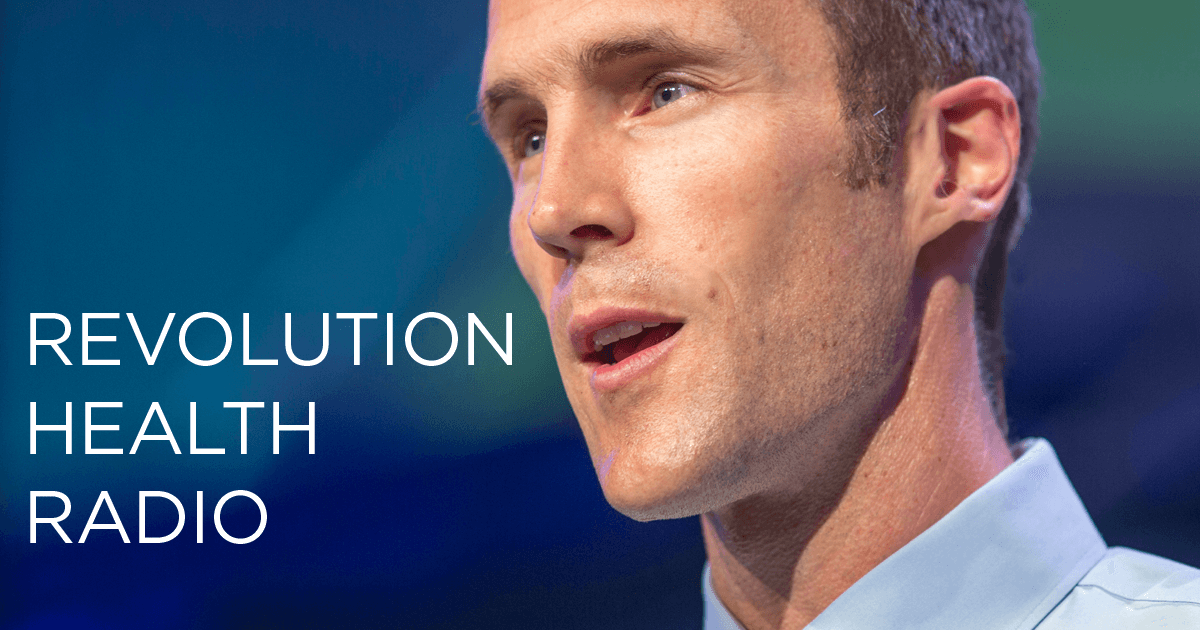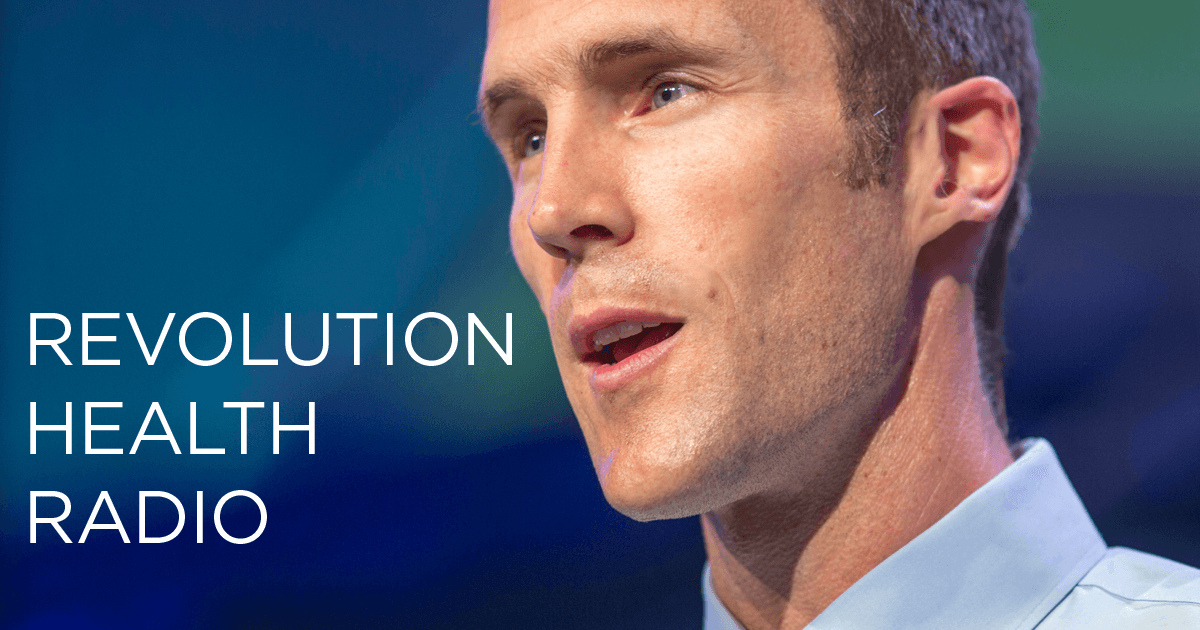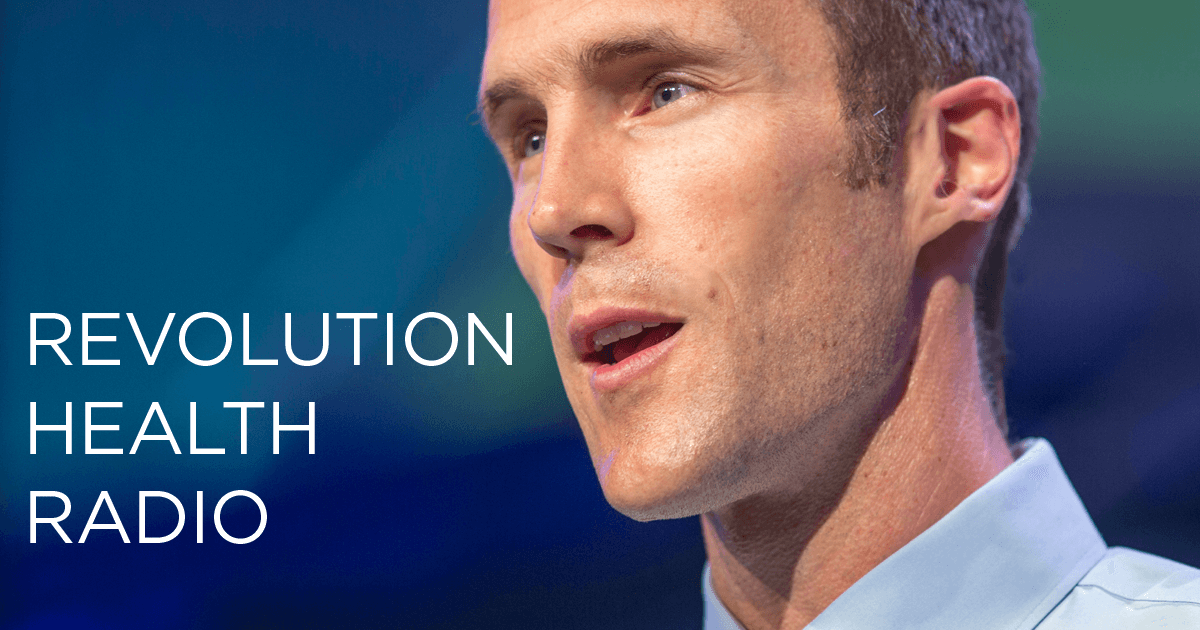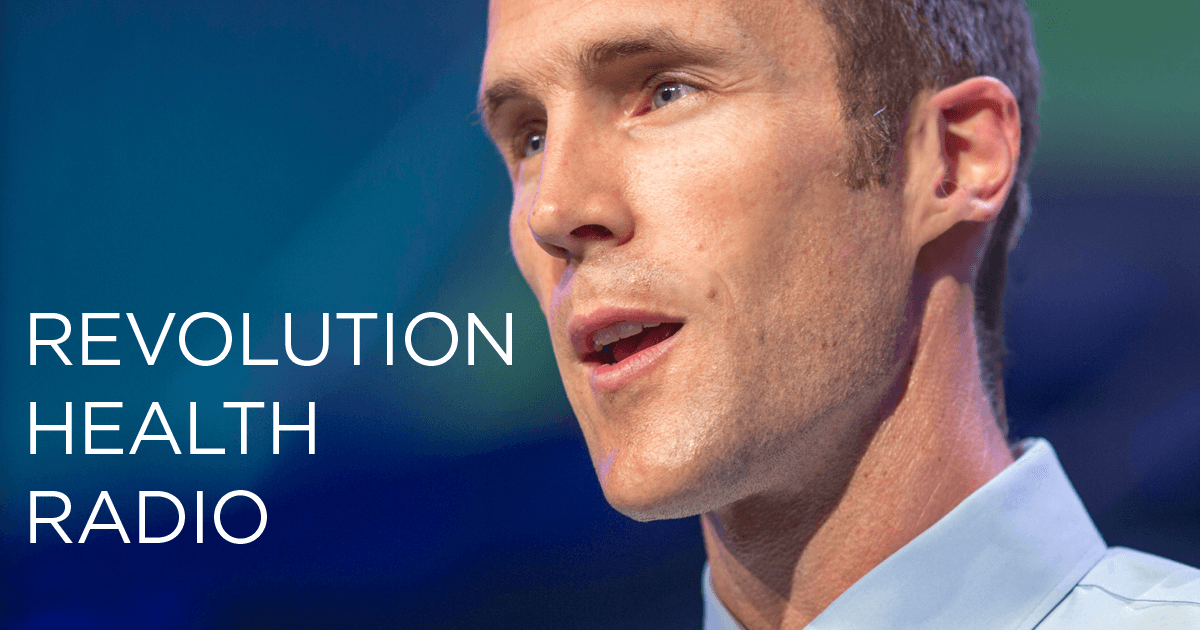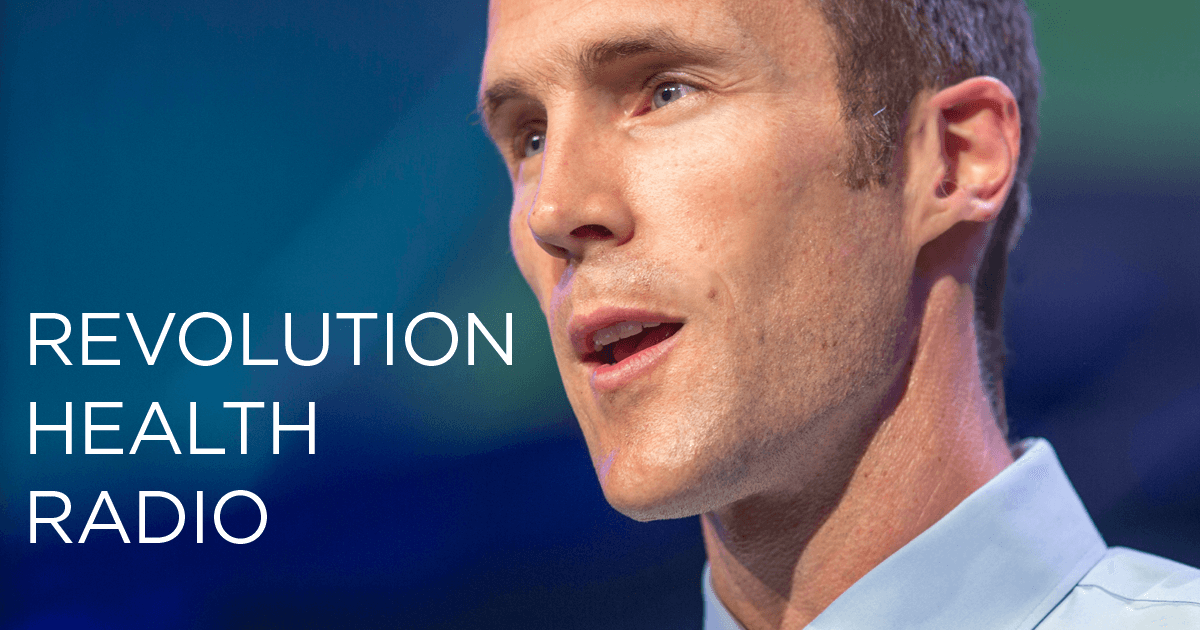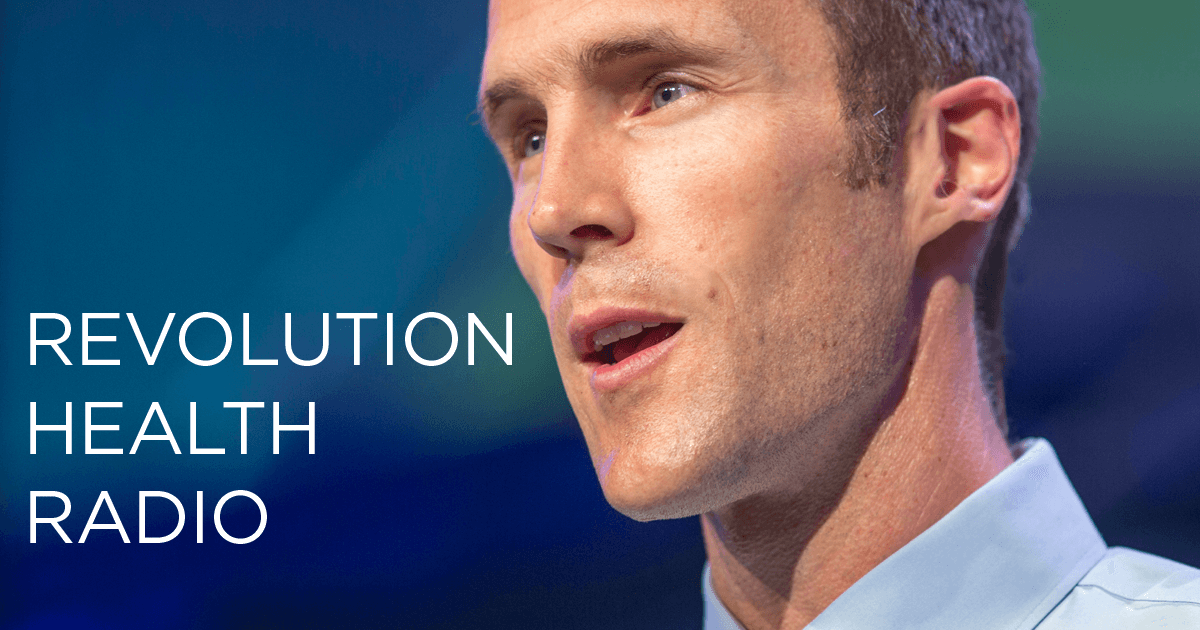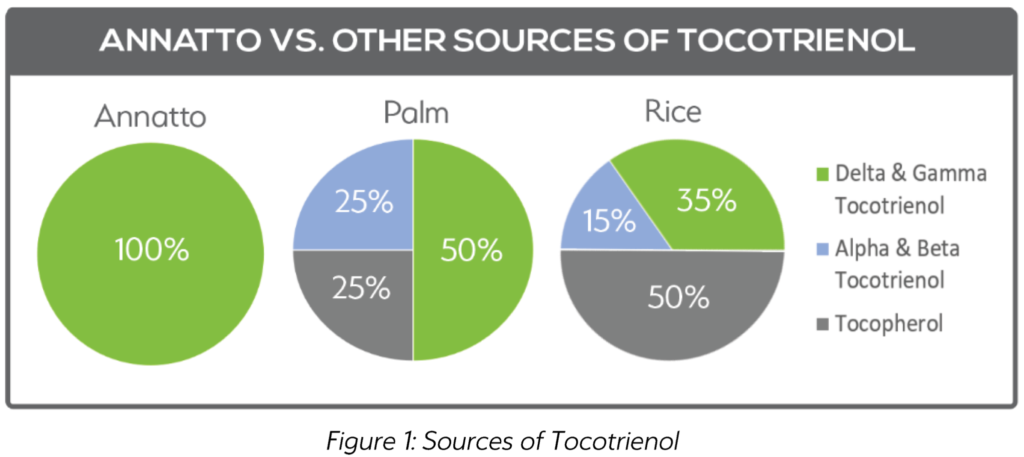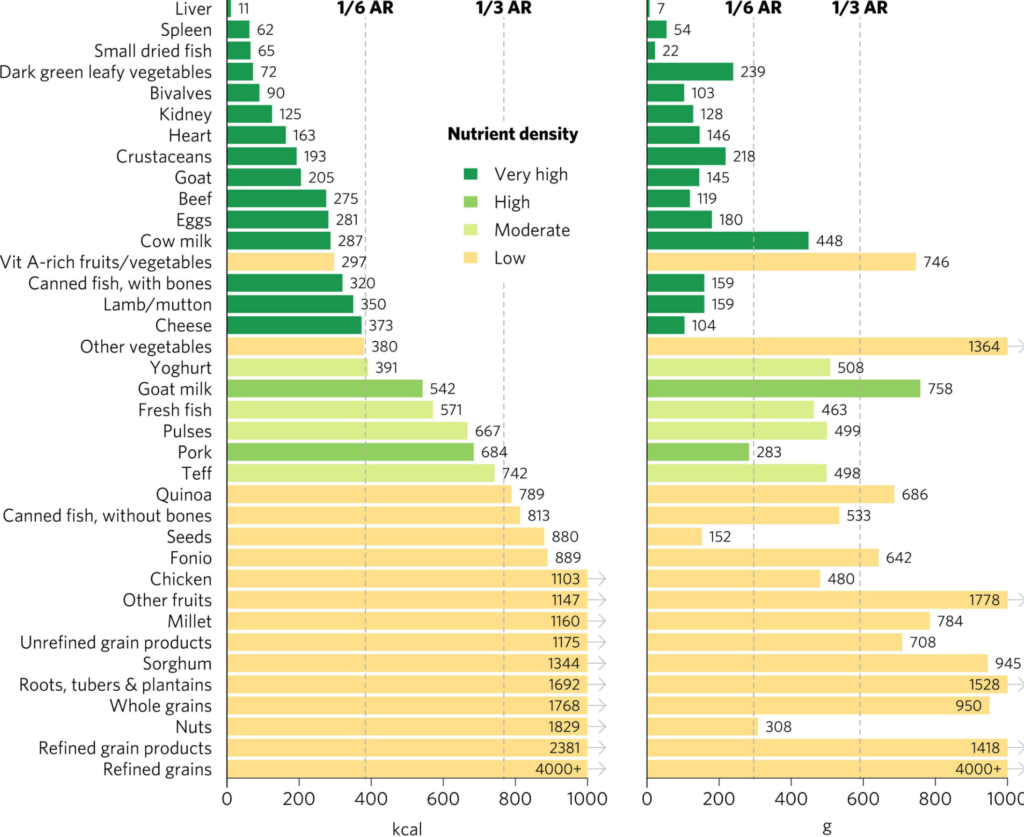RHR: Immune Rejuvenation and the Roots of Functional Medicine, with Dr. Jeffrey Bland
In this episode, we discuss: Dr. Bland’s history and what led to him to coin the term functional medicine and co-found the Institute for Functional Medicine What developments Dr. Bland feels most encouraged by, in terms of where Functional Medicine stands today in our medical paradigm How Functional Medicine embraces the concepts of systems theory Conventional medicine’s failure to properly acknowledge the role that nutrition and nutritional intervention plays in healthcare How conventional research protocol has a limited focus on population risk and why other study designs could lead us to a better understanding of functional individuality What immuno-rejuvenation is and why it’s important for overall health Himalayan Tartary Buckwheat, a new superfood and immunity accelerator Three primary nutritional drivers of immuno-rejuvenation – phytochemicals, omega-3s, and pre- and probiotics Show notes: [embedded content] Hey,...



